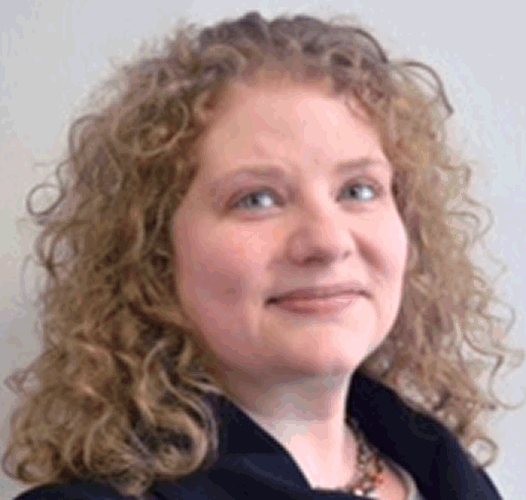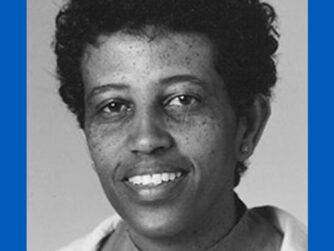Dr. Elizabeth Greeno, Mathew Uretsky, & Dr. Patricia Chamberlain
In this episode, our guests wonder: How can you improve the quality of life for foster children and parents? They describe what they learned studying a parenting intervention for foster and kinship families. The Keeping Foster and Kinship Parents Trained and Supported (KEEP) program is reviewed, and the findings related to the impact on child externalizing behaviors, parent stress, and placement permanency are presented.
Dr. Elizabeth Greeno is an associate research professor at the University of Maryland School of Social Work (UMB SSW). On faculty since 2008, Dr. Greeno received her MSW and PhD from UMB SSW. Dr. Greeno’s research interest and area of expertise is centered on child welfare, older youth and transition age youth in child welfare, perinatal addiction, evidence based practices, parenting programs, and the child welfare workforce. Dr. Greeno has direct clinical practice experience in the areas of therapeutic and case management services to children and families in the child welfare system and children diagnosed with mental health disabilities. In addition, Dr. Greeno is a private outpatient mental health practitioner in Harford County, Maryland where she specializes in adolescents, older youth, LGBTQ populations, family therapy, and family therapy reunification services for former foster youth. Dr. Greeno is currently involved in several research efforts that involve state and federally-funded evaluation research including Thrive@25, assessing the efficacy of evidence-based parenting programs, evaluating a state initiative for homeless, unaccompanied youth, UMB SSW’s Title IV-E Program evaluation, and Delaware’s Center for Family First, Inc. in evaluating perinatal addiction services. Dr. Greeno teaches a course on research in child welfare for the UMB SSW MSW program.
Mathew Uretsky is a statistician and doctoral research fellow at the University of Maryland School of Social Work. His practice experience includes nearly a decade working with schools, families, and community organizations to improve outcomes in underserved communities in the U.S. and internationally. Currently he is working with state agencies in Maryland to improve their capacity to use administrative data for policy and program development. His research interests include the development and evaluation of interventions to support positive youth development. More specifically, his work examines the risk and protective factors that impact the academic and behavioral development of children and youth, with a focus on how the school and family environments influence student outcomes.
Dr. Patricia Chamberlain is the developer of some of the best known and most effective preventive interventions in our field. These programs were designed to prevent negative outcomes for some of the highest risk children and adolescents in society, including children in foster care, youth in state mental institutions, and youth in the juvenile justice system. The Treatment Foster Care Oregon (TFC-O)) program has been widely implemented throughout the U.S., Canada, and Europe and is on numerous best practices lists. Her KEEP intervention program for foster families is also widely implemented. Moreover, Dr. Chamberlain and colleagues have adapted the programs to address the needs of specific populations. All of these interventions have been evaluated and found to be effective via federally-funded randomized clinical trials. Further, independent economic analyses have found TFC-O to be a cost-effective treatment for juvenile offenders. Her work, which is moving from efficacy trials into community settings, is at the cutting edge of Type II translational research. Over the course of her career, Dr. Chamberlain has been PI on well over $30M in federal grant- and private foundation-funded studies. Moreover, she has authored more than 200 publications in professional journals, book chapters, edited books, and books. Her work consistently appears in top-tier journals in the field.
Interviewer: Dr. Annette Semanchin-Jones





